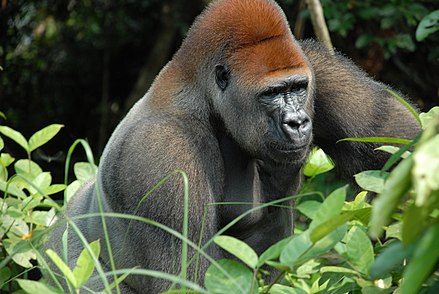
Courtesy of wikipedia.com
For a writer, today, publishing is like walking through a landscape that keeps changing. Amazon’s war with the big publishing houses is an important reason. For a while, there seemed to be a truce between the two, but it appears Amazon has used the time to up its game. Recently, Dean Koontz and Patricia Cornwall have been lured away from their former publishers and accepted lucrative Amazon contracts.
What does Amazon do differently in the bookselling business? Well, In the past, publishers not only printed books but distributed them. That involved maintaining regional warehouses and bearing transportation costs. Amazon, one the other hand, sells ebooks or print-on-demand publications, cutting out the distribution costs and passing the savings along to authors it wants under contract.
A person may lack pity for the big publishers, but much of the burden falls on the mom-and-pop bookstores. Some of these small enterprises have mounted a rebellion against authors who flee to Amazon, refusing to carry their books; but the strategy is like biting off your nose to spite your face. Amazon reaps the benefit.
In fact, Amazon seems to be betting against print books and has grown its Kindle and Audible enterprises to near-monopolies. For an author like me with no track record, the terrain is scary. Familiar trails are disappearing: agents are fewer in number; publishing houses and bookstores are an endangered species. Amazon may soon be the only gorilla in the jungle. Sadly, I doubt the literature it generates will be prime.
